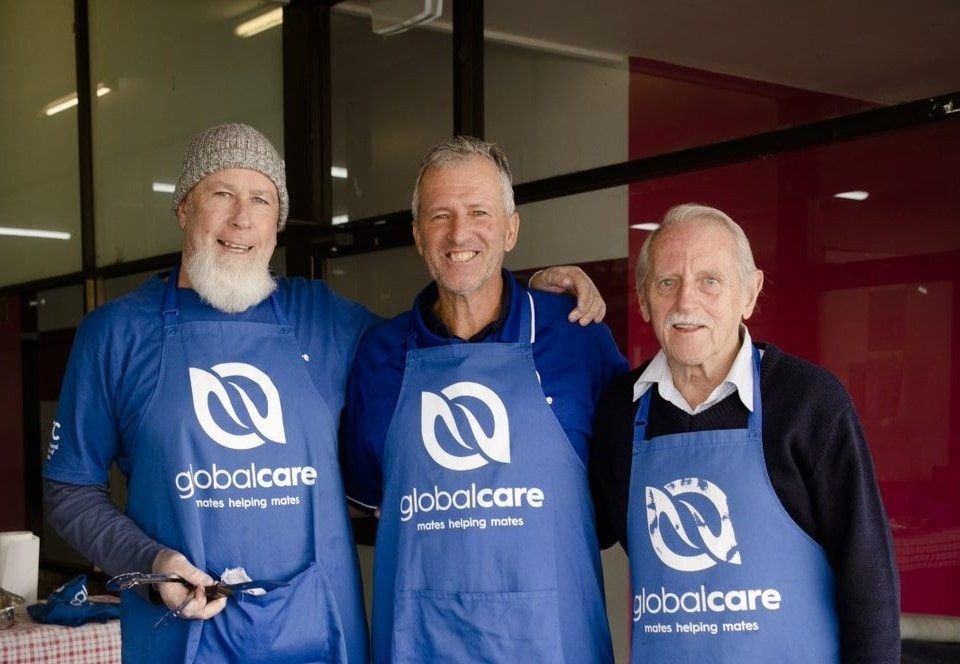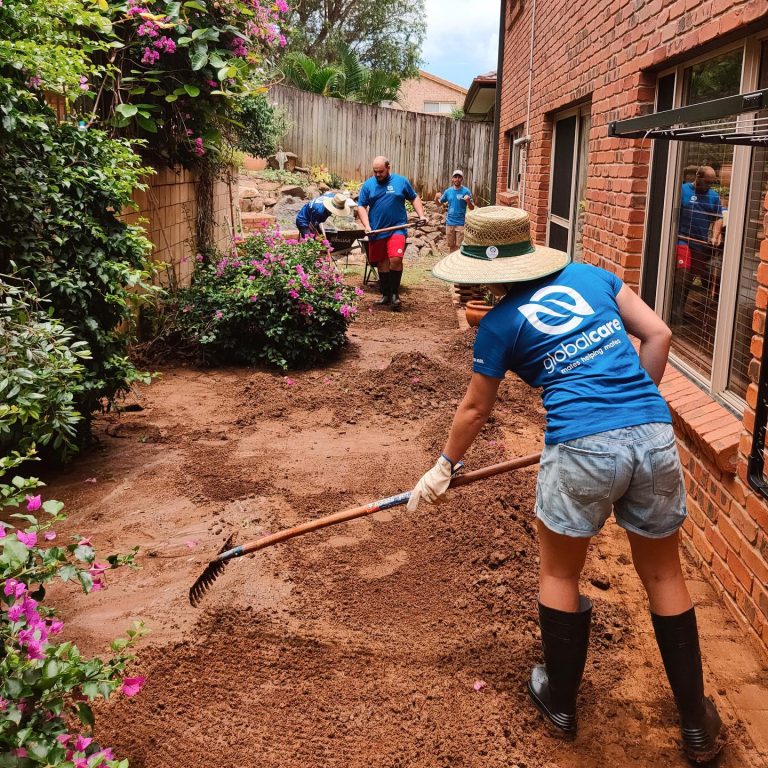Census data indicates that around 3.6 million people, or 1 in 5 Australians, volunteer through an organisation or group. Historically, people would give financially to charities, but now more people are seeking to go beyond a transactional relationship. Specifically, young people are desiring an experience, to develop a partnership, to gain experience. Volunteers are wanting to see the impact of their giving, to be more strongly connected to the charity, to find community in an organisation, and work towards a common goal with others. Ultimately volunteering provides people with the opportunity to engage in meaningful activities and express values related to altruism and humanitarian concerns. While younger people are likely to participate in a one-off fashion, middle-aged and older charitable givers are more likely to volunteer consistently for one or more charities.

Volunteers play a crucial role in the success and sustainability of an organisation. However, the value of volunteering goes beyond the benefit to the organisation. Volunteering can enhance feelings of belonging and gives people a purpose for life (Son & Wilson, 2021). In older people, volunteering has been associated with reduced symptoms of depression, better self-reported health, and lower mortality (Anderson et al., 2014). Life improvements including increased self-esteem, increased efficacy, increased leadership ability, and increased socialization have been reported (Morrow-Howell, Hong, & Tang, 2009).
In general, consistency of volunteering over time is related to wellbeing and self-reported health regardless of age, gender, or geographical location (Piliavin & Siegl, 2007). For younger people, and specifically young graduates, employers are more likely to hire an individual with volunteering experience. Volunteer experience can indicate abilities such as motivation, initiative, creativity, and reliability. New graduates may find volunteering in their field of interest beneficial for networking and building a broader network of professionals (Jorgensen, 2013).
During the COVID-19 pandemic, social interaction was limited. In a hospital in Quebec, Canada, volunteers shifted to courtesy phone calls from face-to-face visits. 73.6% of hospitalised patients who received calls appreciated the volunteer support, 64.5% of patients felt less isolated, and 40% of volunteers felt useful (Normandin et al., 2022). Evidently, volunteering offers connection with others in community and has the potential to mitigate the risks of social isolation and mental health issues.
Recruiting, inducting, and managing volunteers can be a challenge for many not-for-profit organisations. According to McCrindle (2022), some good ways to engage with new and existing volunteers could be to:
Volunteering has mutually beneficial outcomes for the individual, the community, and the organisation. Without volunteers, our organisations could not function, our communities would become disconnected, and our people isolated!
Join us on our mission to love and serve people across Australia.
